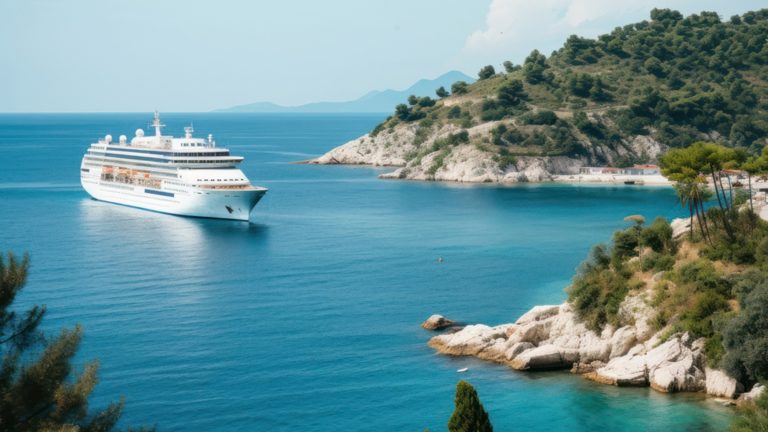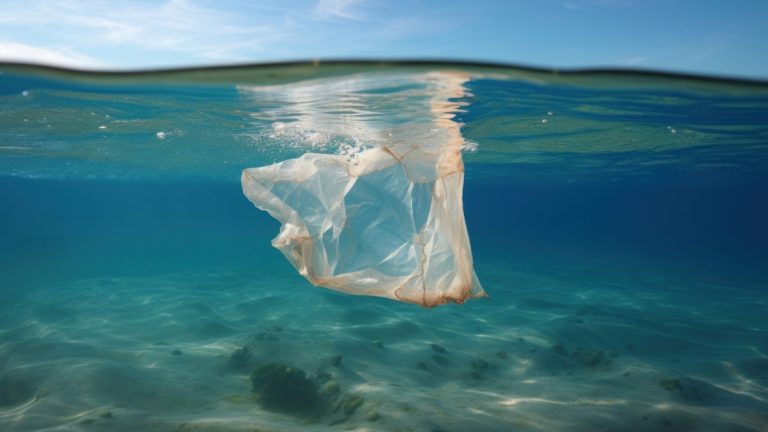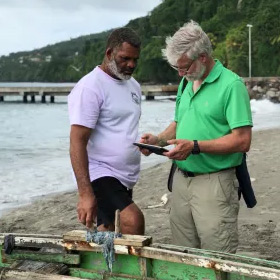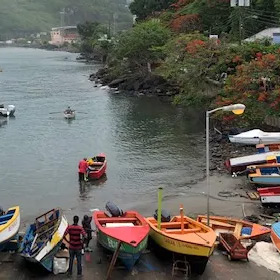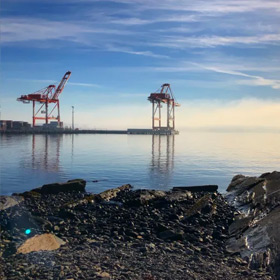Blue Economy Boom: How Sustainable Practices Propel Economic Growth
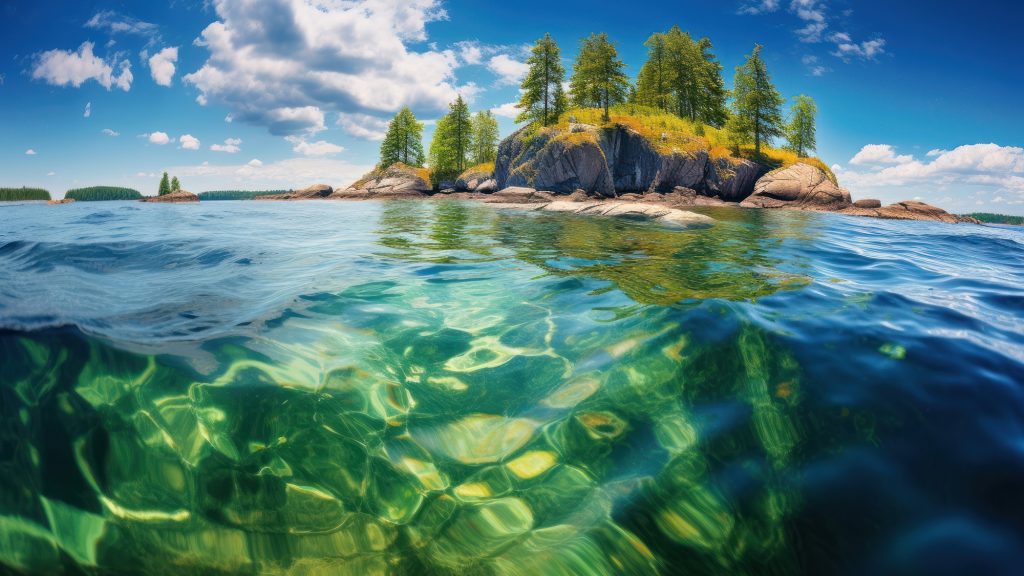
In recent years, the concept of the “blue economy” has gained significant traction as nations around the world seek ways to harness the vast potential of our oceans while ensuring their sustainability for future generations. At the heart of this movement lies the recognition that our oceans are not just a source of endless resources but also a critical component of our planet’s ecological balance. As we strive to navigate the complexities of economic growth and environmental conservation, the blue economy offers a promising path forward—one that prioritizes sustainability and resilience.
The term “blue economy” encompasses a wide range of economic activities that directly or indirectly utilize marine resources and ecosystems. These activities include fisheries, aquaculture, tourism, shipping, renewable energy, and biotechnology, among others. What sets the blue economy apart from traditional ocean exploitation is its emphasis on sustainable practices that minimize environmental impact and maximize long-term benefits.

One of the key drivers behind the rise of the blue economy is the growing recognition of the economic value inherent in healthy marine ecosystems. For too long, the oceans have been viewed as a bottomless resource pool, ripe for exploitation without regard for the consequences. However, with mounting evidence of the alarming decline in marine biodiversity and the devastating impacts of pollution and climate change, there is a growing realization that such short-sighted practices are no longer viable.
By adopting sustainable approaches to ocean management, countries stand to reap a host of economic benefits. For instance, sustainable fisheries management not only ensures the long-term viability of fish stocks but also supports the livelihoods of millions of people who depend on fishing for their income and food security. Similarly, investing in renewable energy technologies such as offshore wind and wave power not only reduces our reliance on fossil fuels but also creates new opportunities for economic growth and job creation.
Moreover, sustainable ocean management can also help safeguard coastal communities against the growing threats of climate change, such as sea-level rise and extreme weather events. Healthy coral reefs and mangrove forests act as natural buffers against storm surges and erosion, providing vital protection for coastal infrastructure and human settlements. By preserving these ecosystems, we not only enhance our resilience to climate impacts but also unlock new opportunities for sustainable tourism and recreation.
In order to fully realize the potential of the blue economy, concerted efforts are needed at both the national and international levels. This includes implementing robust regulatory frameworks to prevent overexploitation of marine resources, promoting innovation and technology transfer to support sustainable ocean industries, and fostering international cooperation to address common challenges such as illegal fishing and marine pollution.
At the Institute of Ocean Governance, we are committed to empowering the next generation of leaders with the knowledge and skills needed to navigate the complexities of the blue economy. Through our expert courses in sustainable ocean management, we equip professionals with the tools they need to foster the development and stewardship of our seas for a resilient future. Together, we can harness the power of the blue economy to drive economic growth, protect marine ecosystems, and build a more sustainable world for generations to come. Join us in shaping a brighter future for our oceans and our planet.
